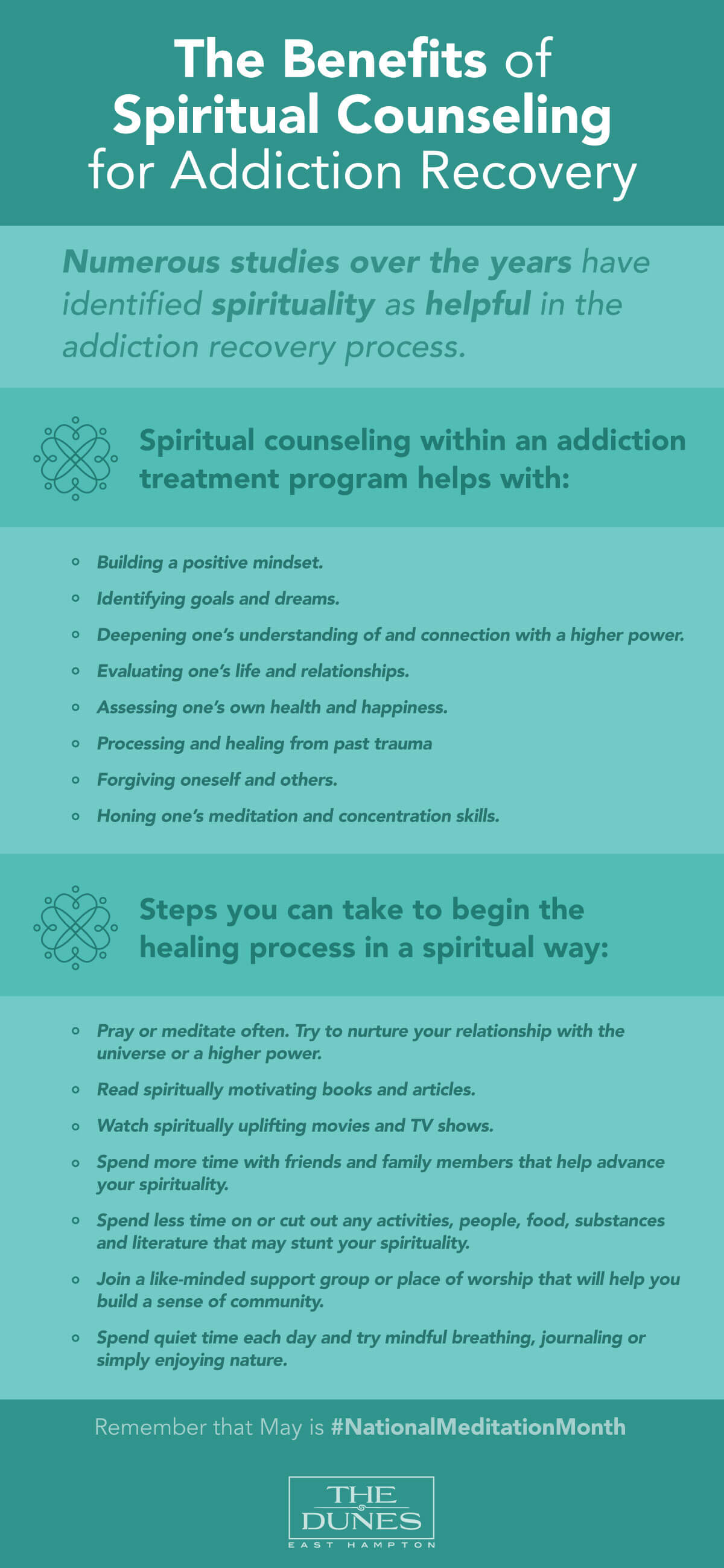Discover The Secrets To Creating A Detailed Aftercare Strategy Complying With Drug Rehabilitation And Lay The Structure For Continual Success
Discover The Secrets To Creating A Detailed Aftercare Strategy Complying With Drug Rehabilitation And Lay The Structure For Continual Success
Blog Article
Write-Up Created By-Brandt Watson
You've finished drug rehab, and now it's time to develop a successful aftercare plan to guarantee your long-lasting healing.
Picture this: you're a person identified to stay clean and construct a fulfilling life. This write-up will lead you via identifying ongoing support systems, integrating therapy and therapy, and developing healthy coping devices.
With these strategies, you'll be outfitted to thrive in your trip of sobriety.
Let's get going.
Identifying Ongoing Assistance Systems
You must recognize at the very least 3 continuous support systems to ensure a successful healing after drug rehab.
The initial support group is your friends and family. WhiteSands best drug rehab centers Suboxone Doctor 33917 can supply emotional support, motivation, and aid you remain liable. They can likewise supply a risk-free and understanding setting where you can share your struggles and victories.
The 2nd support system is your specialist or counselor. They can aid you work through any type of underlying problems that might have added to your addiction and give advice on exactly how to prevent regression. They can additionally show you dealing mechanisms and healthy and balanced means to manage stress and anxiety.
The third support system is a support system or a sober area. Being bordered by others who are going through similar experiences can be incredibly useful. They can offer a sense of belonging, comprehending, and deal useful advice and assistance.
Incorporating Therapy and Therapy
To attain an effective recovery, it is necessary for you to proactively take part in treatment and counseling sessions, in addition to incorporate them into your recurring support group. By doing so, you can maximize the advantages of these treatment methods and raise your possibilities of keeping lasting sobriety.
Here are some crucial reasons why incorporating treatment and therapy into your aftercare plan is essential:
- ** Emotional Support: ** Treatment and counseling provide a risk-free space for you to express your thoughts, feelings, and struggles pertaining to your addiction. It enables you to resolve any kind of unsolved concerns and develop healthy coping systems.
- ** Slip back Avoidance: ** These sessions furnish you with the essential devices and approaches to stop regression. They aid you recognize triggers, establish dealing skills, and develop a solid foundation for handling desires and stress and anxiety.
- ** Individual Growth: ** Treatment and therapy assist in personal development and self-discovery. They assist you acquire insight into the underlying root causes of your addiction, improve self-confidence, and create much healthier relationships.
Creating Healthy Coping Devices
Throughout treatment and counseling sessions, it's critical to proactively work with creating healthy and balanced coping systems in order to successfully manage stress and challenges.
You require to determine and comprehend your triggers, those points that cause you distress or anxiety. By identifying these triggers, you can develop strategies to manage them in a healthy and balanced way. This may involve exercising deep breathing workouts, participating in physical activity, or discovering an innovative outlet to share your feelings.
It's important to likewise border on your own with a strong support group of loved ones that can offer inspiration and support.
Moreover, self-care tasks such as getting sufficient sleep, consuming well, and exercising leisure techniques can significantly add to your overall wellness.
click over here now
In the journey towards recovery, producing an effective aftercare strategy resembles often tending to a delicate yard. Just as a gardener supports each plant with care and attention, so as well must one grow ongoing support group, incorporate therapy and therapy, and create healthy and balanced coping systems.
By doing so, the seeds of recuperation will blossom right into a growing garden, giving a strong structure for a brighter, drug-free future.
